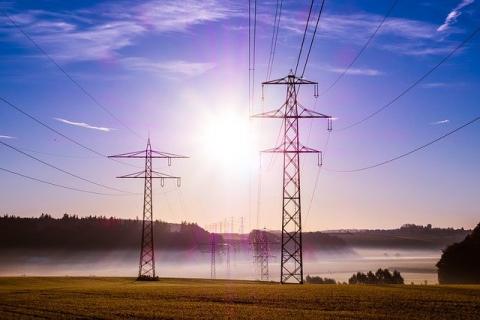
Region: Europe and Central Asia (ECA)
Country: Montenegro
Sector: Energy and Power
Keywords: Knowledge Lab, Energy and Power
Document Link(s):
Document(s):
Document Summary:
Montenegro has a number of good opportunities for the development of domestic resources for electricity generation. In the Government’s Energy Strategy and Action Plan, it has set out a programme for development that encompasses a range of projects from large-scale hydro and thermal projects to smaller scale renewable energy projects. This programme calls for significant participation by the private sector in generation investment over the coming decade and beyond. The programme is intended to meet a number of objectives, important among which are included meeting international obligations regarding renewable energy utilisation and reducing the reliance of the country on relatively high cost imported power.
Document Details:
Montenegro has a number of good opportunities for the development of domestic resources for electricity generation. In the Government’s Energy Strategy and Action Plan, it has set out a programme for development that encompasses a range of projects from large-scale hydro and thermal projects to smaller scale renewable energy projects. This programme calls for significant participation by the private sector in generation investment over the coming decade and beyond. The programme is intended to meet a number of objectives, important among which are included meeting international obligations regarding renewable energy utilisation and reducing the reliance of the country on relatively high cost imported power.
Implementing this programme and developing Montenegro’s resources will require an appropriate Legal, Institutional and Regulatory (LIR) framework. In this regard, significant progress has already been made. An independent regulatory authority was established in 2004 and various relevant laws (including an Energy Law promulgated in 2003 which is now being updated, as well as a new Concessions Law promulgated in 2009, among others) have been put in place.
In terms of the industry itself, change has also begun. The former vertically integrated monopoly utility company (Elektroprivreda Crne Gore, or EPCG) has had the transmission network and system and market operator functions unbundled, and a new strategic investor has been selected to take a significant stake in the remaining generation / distribution / supply company. One tender round has already been completed for small hydro project development (with several concessions awarded and project developers currently engaged in the planning and permitting process) and another tender round is in progress.
However, significant work remains to be completed if all the objectives of bringing private sector investment in generation projects are to be met. This work includes updating the existing energy law and energy trading rules, as well as developing a number of other industry governing documents and subregulations among other tasks. We note also that while there are good international models for much of the industry governing documentation, such documents nevertheless must also be developed and implemented with recognition of certain “Montenegro-specific” characteristics in mind. These include issues such as the relative remoteness of certain project development opportunities, the existing industrial organization / competitive structure of the generation sector, among others.
This study has focused on several aspects of the LIR framework which we have grouped into broad areas roughly following the path of generation project identification, development, and operation.
Updated: June 22, 2022